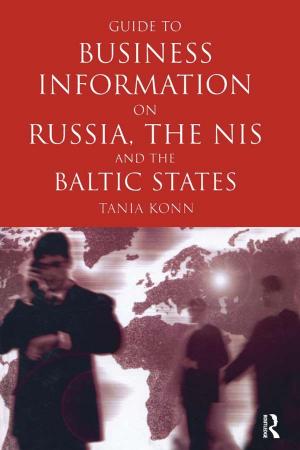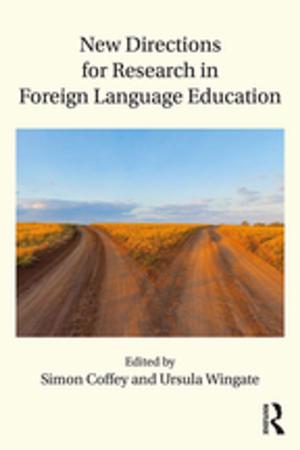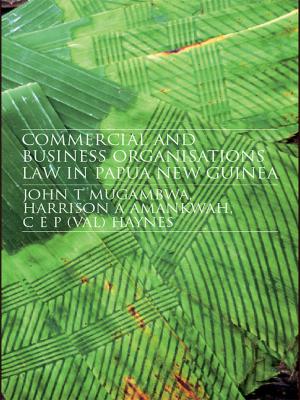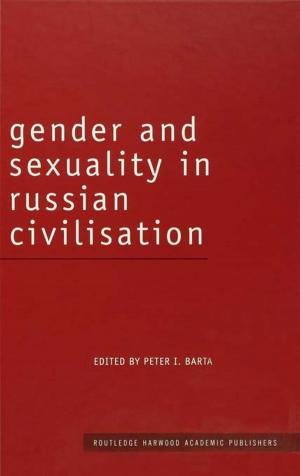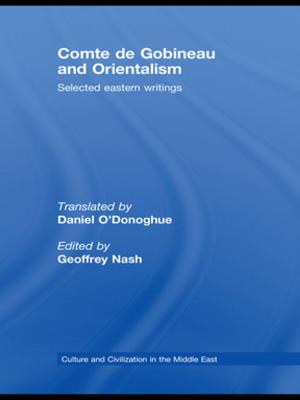| Author: | Anne-Meike Fechter | ISBN: | 9781317006787 |
| Publisher: | Taylor and Francis | Publication: | February 24, 2016 |
| Imprint: | Routledge | Language: | English |
| Author: | Anne-Meike Fechter |
| ISBN: | 9781317006787 |
| Publisher: | Taylor and Francis |
| Publication: | February 24, 2016 |
| Imprint: | Routledge |
| Language: | English |
Privileged migrants, such as expatriates living abroad, are typically associated with lives of luxury in exotic locations. This fascinating and in-depth study reveals a more complex reality. By focusing on corporate expatriates the author provides one of the first book length studies on 'transnationalism from above'. The book draws on the author's extended research among the expatriate community in Jakarta, Indonesia. The findings, which relate to expatriate communities worldwide, provide a nuanced analysis of current trends among a globally mobile workforce. While acknowledging the potentially empowering impact of transnationalism, the author challenges current paradigms by arguing that the study of elite migration shows that transnational lives do not always entail fluid identities but the maintenance of boundaries - of body, race and gender. The rich ethnographic data adds a critical dimension to studies of migration and transnationalism, filling a distinct gap in terms of theory and ethnography. Written in an engaging and accessible style the book will be of interest to academics and students, particularly in anthropology, migration studies and human geography.
Privileged migrants, such as expatriates living abroad, are typically associated with lives of luxury in exotic locations. This fascinating and in-depth study reveals a more complex reality. By focusing on corporate expatriates the author provides one of the first book length studies on 'transnationalism from above'. The book draws on the author's extended research among the expatriate community in Jakarta, Indonesia. The findings, which relate to expatriate communities worldwide, provide a nuanced analysis of current trends among a globally mobile workforce. While acknowledging the potentially empowering impact of transnationalism, the author challenges current paradigms by arguing that the study of elite migration shows that transnational lives do not always entail fluid identities but the maintenance of boundaries - of body, race and gender. The rich ethnographic data adds a critical dimension to studies of migration and transnationalism, filling a distinct gap in terms of theory and ethnography. Written in an engaging and accessible style the book will be of interest to academics and students, particularly in anthropology, migration studies and human geography.


